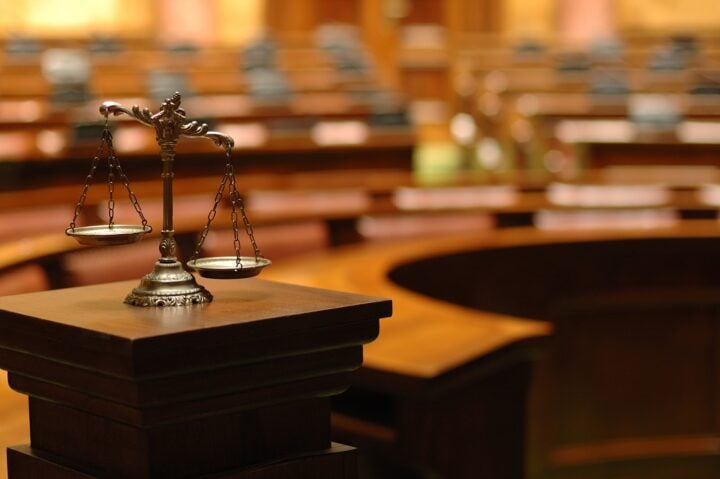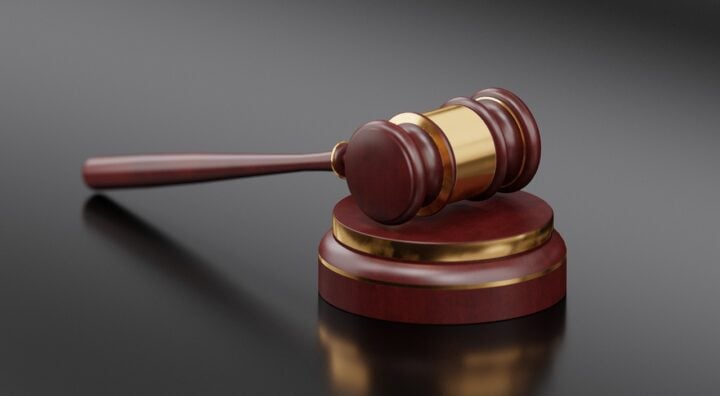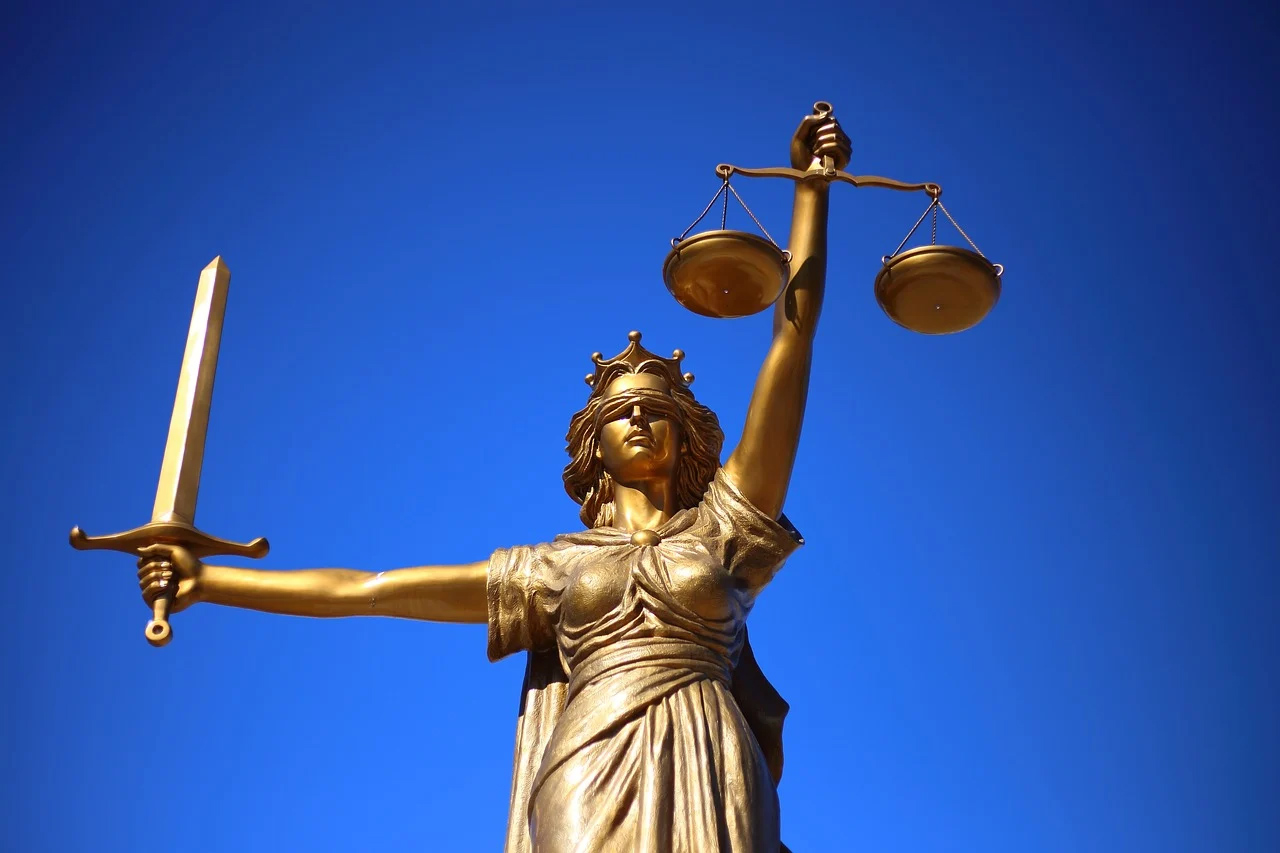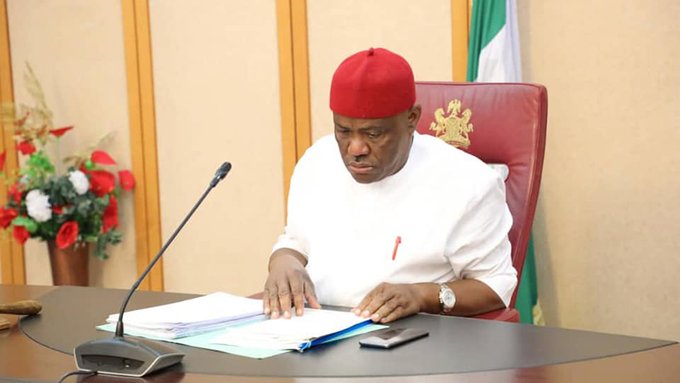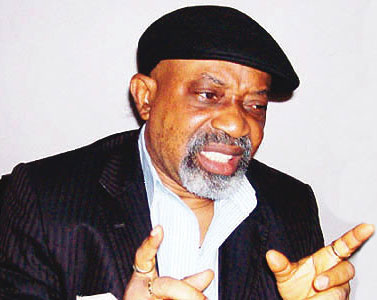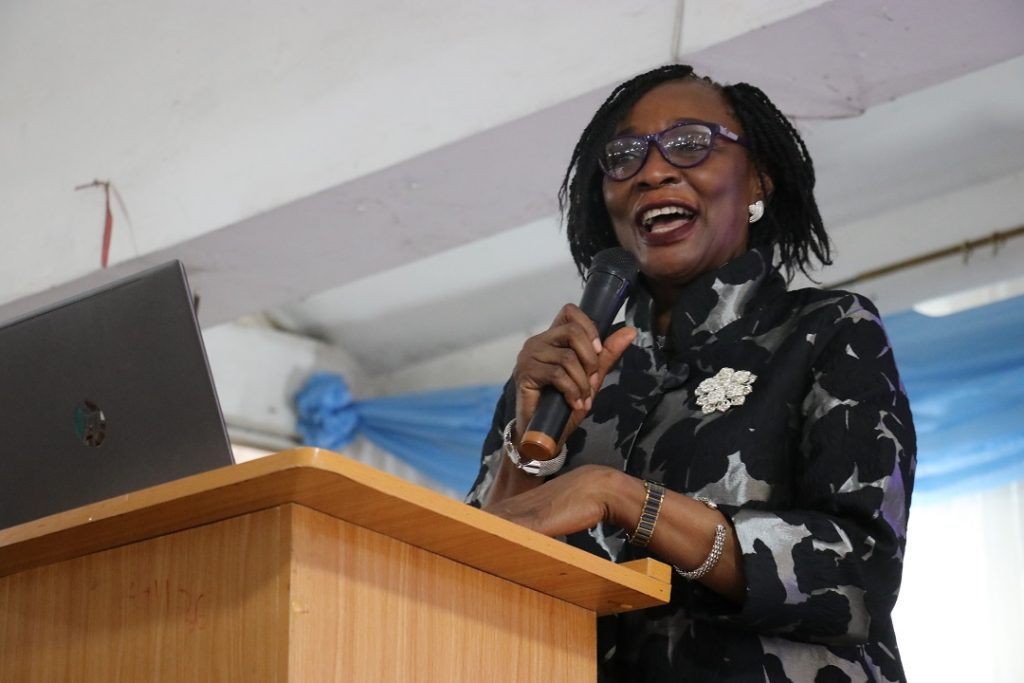In 2015, President Muhammadu Buhari listed the fight against “pervasive corruption” as part of his ten-point agenda for the country, but seven years later, the corruption ranking has not fared better. Buhari is expected to hand over power in May 2023, leaving him with just a few months to make good on his promise.
According to Transparency International’s (TI) corruption perceptions index, Nigeria’s ranking has progressively worsened, moving from 136th position in 2015 and 2016, to 148th in 2017, 144th in 2018, 146th in 2019, 149th in 2020 — and 154th in 2021.
The country’s ranking has not been helped by the loss of high-profile corruption cases by anti-graft agencies in recent years; some were struck out of courts while in other instances, suspects got acquitted on grounds such as lack of merit or abuse of court processes.
One such case was instituted by the Independent Corrupt Practices Commission (ICPC) against Haruna Momoh, the ex-managing director of Pipelines and Products Marketing Company (PPMC). Jane Asuquo, the ICPC’s witness, testified before Taiwo Taiwo, then a federal high court judge, that Momoh used his wife, Ochuko, to launder $700 million.
Advertisement
The judge had initially granted an interim forfeiture of the funds and property acquired by the Momohs.
However, in his final judgment, the judge discharged and acquitted the former PPMC MD and his wife. He also ordered the return of the assets forfeited to the Momohs, despite evidence of money laundering reportedly presented to the court.
The matter bore striking similarities to the federal government’s case against Sanusi Isah Mohammed, a personal assistant to Isa Yuguda, former governor of Bauchi state.
Advertisement
Mohammed was caught in possession of 23 estates with about 202 houses. The ICPC had initiated a civil forfeiture proceeding against him at a federal high court in Bauchi and an order of interim forfeiture was secured by the commission.
The defendant, however, filed a motion requesting the court to vacate the said order.
Delivering his ruling on July 22, 2022, B.O. Quadri, the presiding judge, vacated the order of interim forfeiture and dismissed the suit on the grounds that it amounts to an abuse of court process, due to the existence of a similar motion and criminal suit against the defendant on the same subject matter before the Bauchi state high court.
According to insiders familiar with the matter, the judgement is currently being contested, with an appeal already said to have been filed by the ICPC.
Advertisement
The Economic and Financial Crimes Commission (EFCC) has also had its fair share of high-profile cases collapse. Many Nigerians were taken aback in March 2022, when a federal high court in Abuja overturned an interim forfeiture earlier granted in a case against Andrew Yakubu, former group managing director (GMD) of the defunct Nigerian National Petroleum Corporation (NNPC).
Four years prior, in 2017, the EFCC found $9,772,800 and £74,000 in a safe at the Kaduna residence of the former NNPC GMD, during a raid by operatives of the commission.
While mustering a defence, Yakubu had claimed that the funds were “gifts” from friends and associates.
Ahmed Mohammed, a judge of the federal high court, Abuja, presided over his case, and ultimately discharged and acquitted him on charges of money laundering.
Advertisement
The trial judge averred that the EFCC failed to prove its case beyond a reasonable doubt to warrant Yakubu’s conviction. The judge went one step further by ordering that the seized money lodged in the coffers of the Central Bank of Nigeria (CBN) should be returned to the former NNPC head honcho.
Advertisement
Is His Lordship a threat to anti-corruption fight?
In a survey by ICPC, titled ‘Nigeria Corruption Index: Report of a Pilot Survey’, the anti-graft agency found that the level of corruption in the justice sector was heightened by the “stupendously high amounts of money offered as bribes to judges by lawyers handling high electoral and political cases”.
Of the 901 respondents ICPC interviewed in the justice sector, 638 — representing 70.81 percent — were lawyers. Judges, at 124, amounted to 13.76 percent, while 25 respondents were court staff, mostly clerks and registers.
Advertisement
The prevalence of key judiciary stakeholders in the respondents’ list suggests that the phenomenon of bribery in the judiciary may well be deep-seated and possibly brewed over time.
During her 28-month tenure as CJN, Mariam Aloma-Mukhtar said she inherited 139 petitions against corrupt judges while 198 other petitions were filed during her term.
Advertisement
In a 2015 seminar organised by the Nigerian Bar Association (NBA), Mahmud Mohammed, then chief justice of Nigeria, said the National Judicial Council (NJC) punished over 64 “compromised” judges between 2009 and 2014.
Earlier in 2011, Ayo Salami, then president of the Court of Appeal, dragged Aloysius Katsina-Alu, former CJN, to court, accusing him of attempting to pervert justice in the long-running 2007 Sokoto governorship election case.
Similarly, in October 2020, the NJC asked President Muhammadu Buhari to dismiss Rita Ofili-Ajumogobia of the federal high court and James Agbadu-Fishim of the National Industrial Court of Nigeria (NICN).
During a public lecture to mark the 2021 Law Week in Oyo state, Attahiru Jega, a former chairman of the Independent National Electoral Commission (INEC), said corrupt judges are usually drafted into election petition tribunals where they trade judgments to the highest bidders.
Jega said the judges would thereafter quickly retire to avoid being sanctioned by the NJC.
“Some senior lawyers have become stupendously wealthy defending corrupt public officials or handling electoral litigation for governorship and presidential candidates,” he had said.
“Similarly, many judges have become notorious for corrupt enrichment for ‘cash and carry’ judgments, especially in election matters generally and in election tribunals, more specifically.”
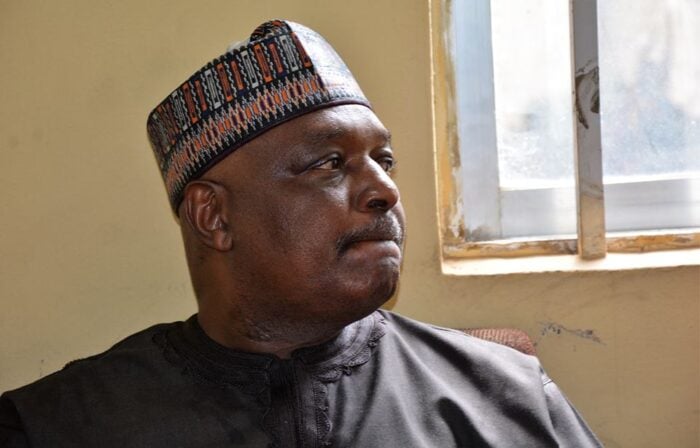
Are judges’ morale dampened by state pardons?
On April 15, 2022, President Muhammadu Buhari granted state pardons to Jolly Nyame, former governor of Taraba state, and Joshua Dariye, a former governor of Plateau, on the grounds of age and ill health.
Their release from prison generated controversy, with stakeholders saying it would send the wrong signals in the fight against corruption.
However, the presidency defended the decision, saying it was done in the interest of fairness.
“While it is natural that the cases of the ex-governors — two among many — would excite political analysts, coming at a time when elections are in the air, the president would at the same time have come across as insensitive and cruel to most people were he to have ignored very compelling cases recommended for pardon made to him because someone is a former governor,” Garba Shehu, presidential spokesman, had said.
“Even governors have the right to be treated fairly under the law. President Buhari assures the nation that nothing done here was intended to achieve a political end or send a revisionist message on the relentless war against corruption which he has ably and evidently led by personal examples.”
Festus Ogun, a human rights lawyer and principal of Festus Ogun Legal, described the pardon as an abuse of power by the president.
Ogun said it was insensitive to pardon the former governors considering the public interest nature of their convictions.
“State pardons are perpetually abused by the authorities. Recently, the FG pardoned a former governor who was convicted of stealing from public coffers. Is this how to fight corruption? Is this how to encourage the system fighting corruption? The judiciary’s spirit could be dampened by the gross abuse of state pardons. It could be frustrating,” Ogun said.
“The EFCC, for example, spent huge resources to prosecute suspects. Precious time of the court is spent on these cases some of which are prosecuted up to the supreme court.
“Given the public interest nature of these successful convictions, it is most callous and insensitive to let them off the hook.”
‘Judiciary a weak link in high-profile cases’
Auwal Musa, head of Transparency International (TI) in Nigeria, believes the nation’s judiciary remains a weak link in obtaining justice in high-profile corruption cases.
Many lingering high-profile cases, he said, have also exposed the failure of the country’s justice system to effectively secure convictions on corruption-related charges.
“We cannot deny the existence of judicial corruption, where judges are bribed or succumb to pressure from above; where Nigerian politicians put judges on payroll, even when such is against judicial code of ethics; where high-ranking judicial officers acting as couriers of bribe; where some legal practitioners in addition to their legitimate fees demand other fees from their clients purportedly to influence the judge or judges handling their cases; where judicial staff perverting the course of justice, showing partiality, and accepting a bribe and subverting the course of righteousness; among others challenges,” Musa said in an interview with TheCable.
Judges’ high-handedness aside, Musa says political interference is another major threat in the fight against corruption.
“However, we must also not conceal the fact that where judicial staff and anti-corruption operatives have demonstrated patriotism in ensuring justice, political interference came in as a major impediment to the justice system. This subsequently constitutes a serious threat to the lives of judicial staff/anti-corruption operatives and their family members,” he said.
“An instance is the recent announcement of official pardon granted by President Buhari’s administration to some corrupt politicians who were serving jail terms.
“This constitutes an abuse of presidential pardon and a total setback to the administration’s commitment to the anti-corruption fight. Just as we are worried by the implication of such ill-thought political pardon on judicial institutions, safety and confidence of judicial staff, anti-corruption fight and institutions.”
Titilope Anifowoshe, a lawyer and public affairs analyst, said the new chief justice of Nigeria needs to make anti-corruption his foremost goal in other to put an end to the menace in the judicial sector.
She said the Nigeria Bar Association (NBA) should also prioritise the fight against corruption by partnering with the body of benchers.
“Sad that in 2022, justice is still hindered by mere technicalities in our court of law. It, unfortunately, means that the judiciary which ought to spearhead the fight against corruption isn’t joining the activism,” Anifowoshe said.
“The chief justice has to make anti-corruption his foremost goal. They should also digitise the dispensation of justice judiciary. Justice delayed is justice denied. They should make efforts on increased scrutiny for the appointment of judges.
“The bar must also prioritise the fight against corruption also because the bench can’t tackle the menace without the bar.”
Add a comment
